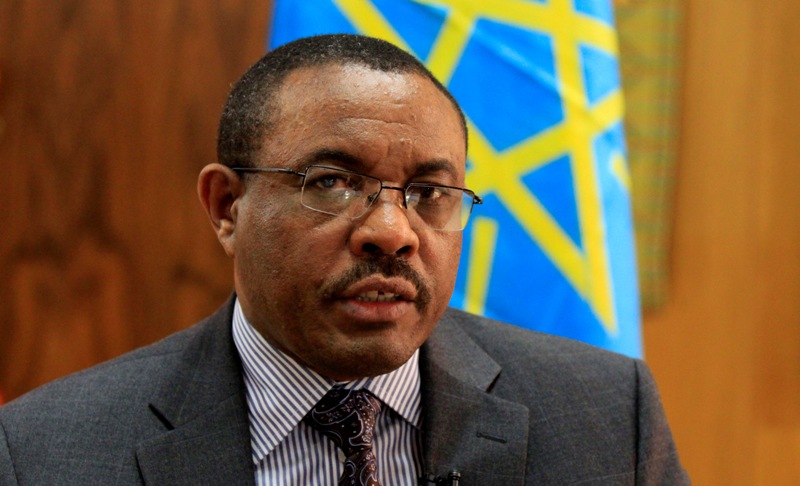The International Press Institute (IPI) today strongly condemned Ethiopian authorities’ decision to bring terrorism charges against three journalists and seven bloggers.
The group, one of whom was charged in absentia, is accused of planning attacks to “destabilize” Ethiopia and working with the U.S.-based opposition group, Ginbot 7, which Ethiopian authorities consider a terrorist organisation, news outlets reported.
The website for which the defendants wrote, Zone Nine, which carries a banner declaring “We blog, because we care!” across its homepage, often published articles critical of the Ethiopian government, specifically its policies regarding the media and journalism.
An IPI source in Ethiopia, who asked to remain anonymous for fear of government retribution, said: “Currently the situation for journalists, at least those of us who work privately and on a freelance basis, is very tense, with a dread surrounding our work. I am acquainted with some of the accused and we ask ourselves whether one of us could be next and contemplate whether the government has made its point as the election is nearing and for now [the government] has settled on its arrest spree.”
A court read out the charges against the journalists and bloggers on July 18 in Addis Ababa. Nine of the defendants have been detained since April. Trial is expected to continue in early August.
IPI Press Freedom Manager Barbara Trionfi condemned the latest development.
“IPI has repeatedly urged the Ethiopian government to release all journalists currently in prison in the country and to amend the country’s anti-terrorism law, which has been used to prosecute dozens of journalists and government critics,” she said. “These latest charges are disturbing and a clear sign that Ethiopia has chosen to turn a deaf ear to widespread criticism of its press freedom violations.”
This case is only the most recent attack against journalists in a country with a history of government control over the news media and which currently stands out as one of the most severe press freedom violators on the continent.
In addition to the recently charged Zone Nine journalists and bloggers, five other newspaper editors and writers have been imprisoned since 2011 following convictions based on terrorism-related charges: Wubset Taye, Reeyot Alemu, Eskinder Nega, Yusuf Getachew and Solomon Kebede. Strong international pressure has, so far, been ineffective in securing their release.
Nega – whose case received renewed attention last week when an American university, citing the Ethiopian government’s poor human rights record, withdrew an award it previously bestowed on Ethiopian Prime Minister Hailemariam Desalegn – is currently serving an 18-year sentence for supposed links to Ginbot 7.
The Ethiopian government has detained Nega eight times during his career as a journalist. His current, lengthy sentence came after he spoke publicly about the possibility of an Arab spring-style democratic uprising spreading to Ethiopia.
In November 2013, IPI and the World Association of Newspapers and News Publishers (WAN-IFRA) conducted a joint mission to Ethiopia to discuss the state of press freedom in the country to help advance the working environment for media.
After the conclusion of the four-day mission, IPI and WAN-IFRA called for the unconditional release of all journalists detained under the country’s anti-terrorism laws.
